The five stages of grief:
Denial, Anger, Bargaining, Depression, and Acceptance
Elisabeth Kubler-Ross, M.D.
The talking heads were at it again. “Global warming is a hoax concocted by anti-capitalist liberal ivory tower academics to justify their inflated salaries and get tenure.” “How could the earth be warming, if we just had a record winter?” “The world is too big, man is too small.” “There really is no proof.” “Warming is natural, not man made.” “Chicken Little needs to go back to the hen house.”
I was only half listening, but there was something familiar about the argument, the discussion. Not the ideas, we have heard them before, but the attitude, the tone, the structure. It occurred to me that I have often listened to the same reaction, the same emotional response to information or stress; an illogical closed protective tone, begat of fear. But, where? Of course … I hear it at cancer’s bedside, everyday. It is a natural human response. It is anger and denial, when first told we are dying.
Our reaction to the frightening, world changing concept of global warming, is very similar to our response to terrible disease. First, wait too long to get help, while continuing bad behavior. Then try band-aid solutions for catastrophic symptoms. Next, doctor shop, get multiple conflicting, poorly coordinated “expert” opinions, too many tests, wasting valuable time while desperately seeking the cathartic confirmation that “it is a mistake.” Compound this medical disaster by using physicians who communicate badly and do not know how to tell the truth. Finally, when it is too late, believe that an overwhelming application of technology, even in the final hours, can forestall the inevitable, there-by increasing suffering and avoiding true solutions. Kubler-Ross was talking about our reaction to loss and disease, but she could easily have been teaching us about global politics.
“My Uncle smoked until he was 90.”
“Even if 10 of the warmest years in history are in the last 20 years, last year was cool.”
“Oncologists and drug companies know the cure for cancer, but they are hiding it to get rich.”
“The climate change fallacy is sponsored by builders of solar and wind power equipment.”
“I do not have time to exercise, rest or eat properly, I am too busy working.”
“Jobs will be lost if we cut emissions, we are too busy working.”
“The medical research on cancer keeps changing and is biased.”
“The reports about climate change are produced by biased radicals based on false science.”
“My chest x-ray last year was normal, how could I have lung cancer now?”
“Not every study done on climate change shows the same thing.”
“I am going to die anyway, so what does it matter?”
“We are all going to die anyway, so what does it matter?”
Cancer is a complex disease that plays out slightly differently in each patient, but its patterns are clear. Deny, delay, and die. Climate change is more complex, but millions of years of the geological record show that its patterns are clear. The earth goes through cycles of cooling and warming caused by changes in carbon dioxide and minute shifts in the earth’s orbit. During these cycles much of the life on the planet dies.
The critical difference is that historically the changes in greenhouse gas occur because of shifts in the natural balance of production of CO2 by volcanoes and its absorption by plants. This usually occurs over thousands or even millions of years. Today, the rapid increase in heat retaining gas, which has already produced the highest levels of atmospheric CO2 in tens of millions of years, is caused by man.
Anger and denial, is our first reaction to terrible news. If we are not able to move on, if we do not move from false blind hope toward acceptance, then we are doomed. At the bedside fixed denial ends with patients losing all reasonable possibility for treatment or cure, with families in shock, and is followed by pain and suffering which transcends generations. In the fading light, in those final hours, we cry, “why were we never told it was so bad?” “Why wasn’t it found sooner?” “How could the end come so fast?” Denial begets disaster.
The terrified deniers of global warming are simply expressing the prime human instinct to suppress bad news. Nonetheless, this delay may result in the rapid transformation of the surface of our planet. They are correct, natural climate change over eons is an inevitable process. They ignore that it has never happened so fast and they callously disregard that such massive change may include a future without mankind. The earth will be fine. Buried under 300 feet of water, man will be gone.
Having spent my life observing humans at their courageous best, I believe that we can accept the threat and act. We are strong and can learn, cope and grow. Just as most patients move through the stages of grief and come to grips with disease, so the family of man can adapt and face the challenge that threatens all future generations.
I ask myself, as a physician who has helped countless families deal with awful events, what can to be done? How do I work with patients or families who because of anger and denial cannot deal with their disease? There are several critical steps.
First, recognize fear is the basis of denial. Simply shouting louder how grievous the danger produces more fear, more anger and amplifies denial. Recognize that it will take time to absorb the news, that denial is a natural protective reaction and that each patient requires support. Next, systematic gentle education. Start with simple, safe news and move gradually toward the hardest conclusions, the toughest decisions.
Finally, for my patients and their loved ones, there is one critical cure. It sounds silly, terribly basic, but it is the most effective tool of oncologists and any caregiver that deals with horrid disease. Hold a family meeting. Sit everyone down, patient, family, friends, and anyone else that is involved, and talk. Start on basic shared ground, what we all believe, what we already share, and build forward. Listen, sooth and understand each other and then teach, learn and build together. It is the only way to deal with denial and anger for patients. Working together is the only way to heal the denial that threatens mankind.

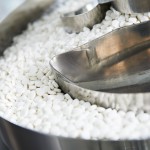
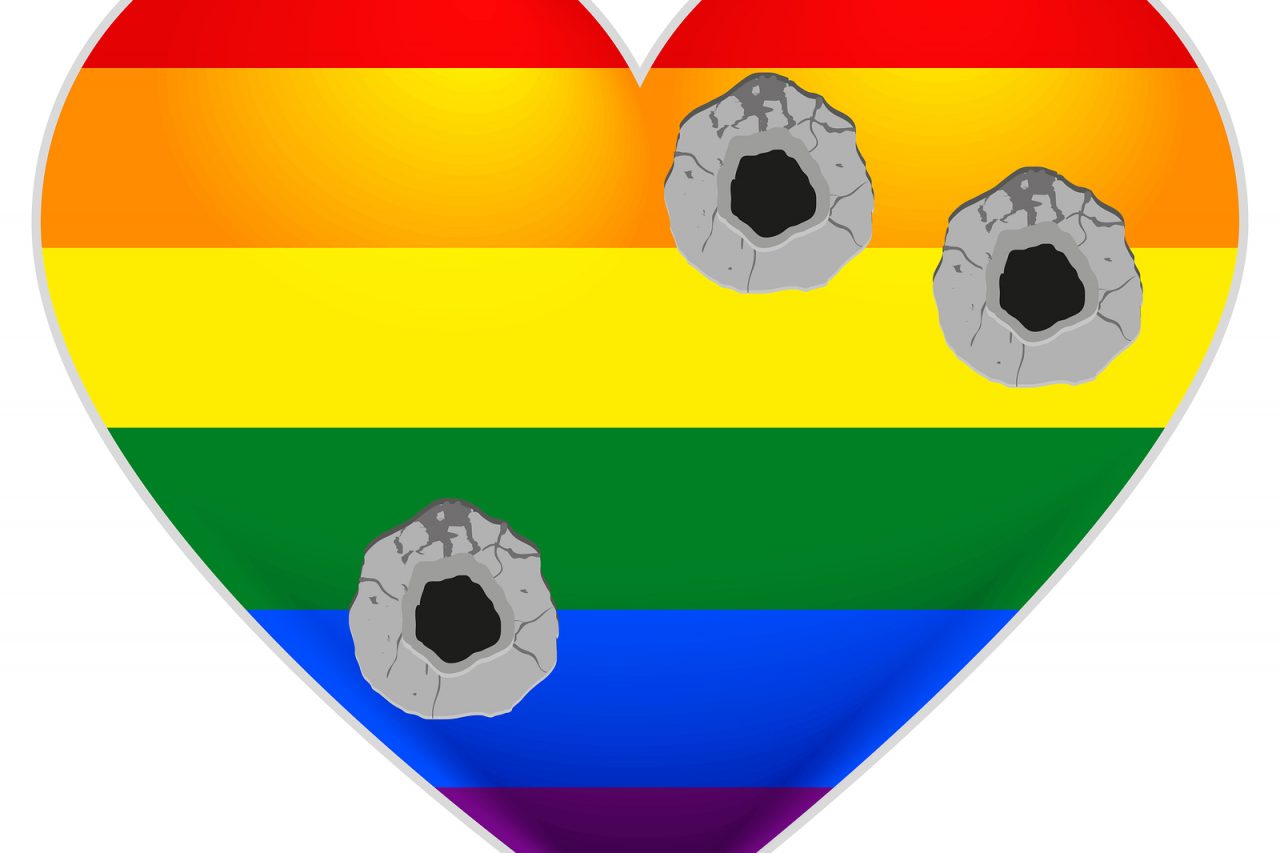
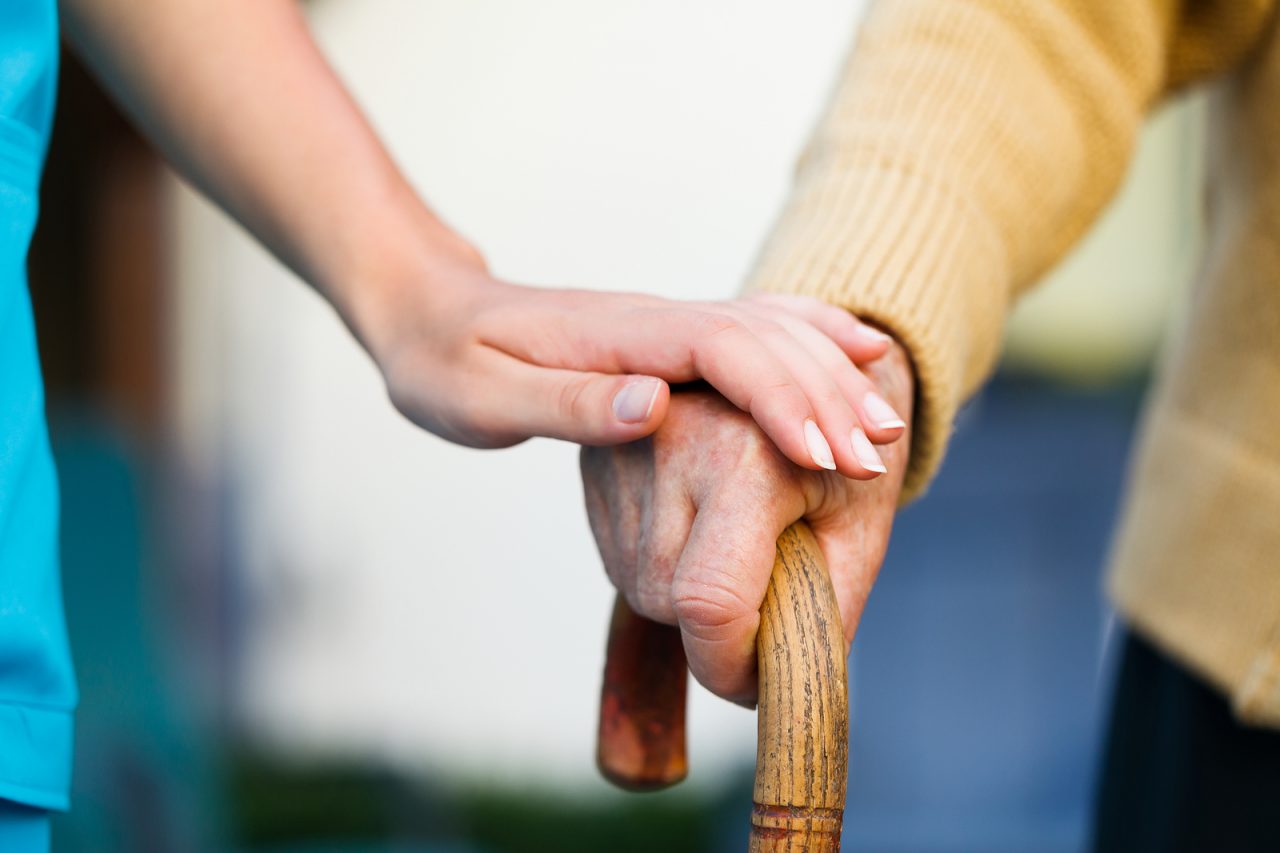
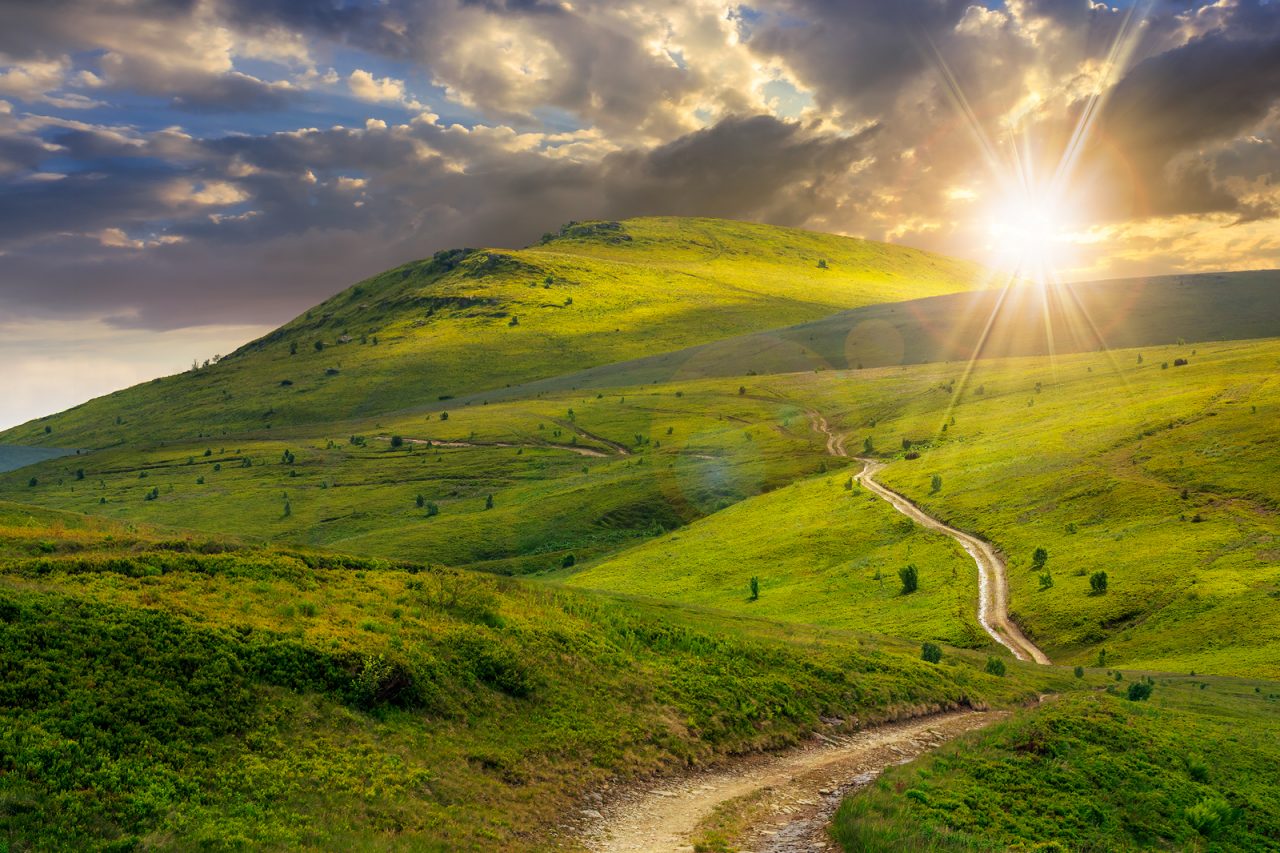
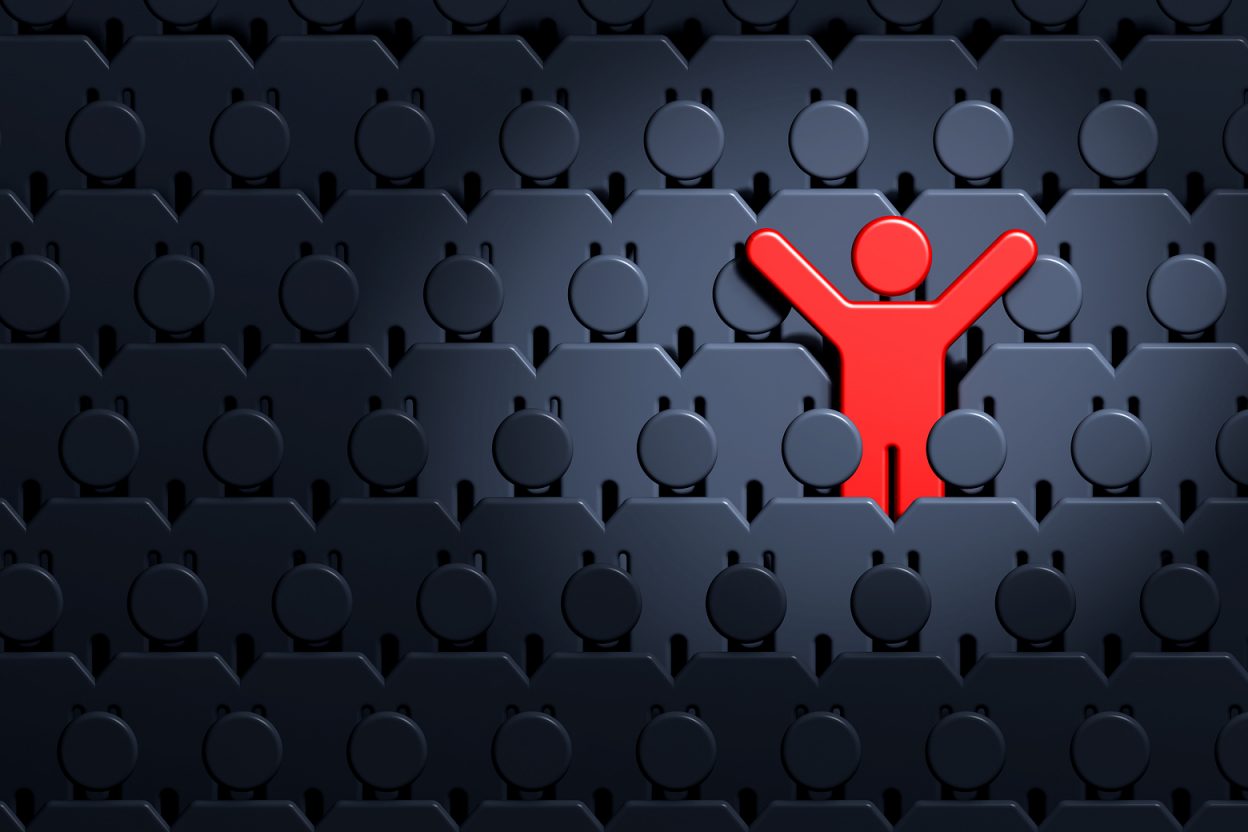

9 Comments